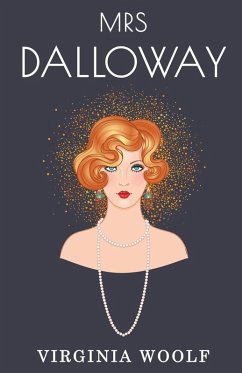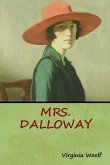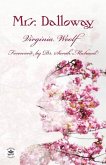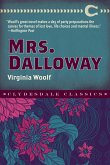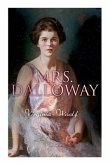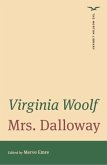Mrs Dalloway by Virginia Woolf is an incisive portrayal of a single day in the life of 51-year-old Clarissa Dalloway, the perfect high-society hostess, in post-World War I, England. As she prepares to host a party in the evening, she is flooded with memories of her youth in the countryside in Bourton, her choice of Richard Dalloway as husband over the intriguing and demanding Peter Walsh, amidst myriads of other things. A visit from Peter that morning reinforces Mrs Dalloway's pressing need to re-examine the trajectory that her internal and external lives have taken between the pull and push of the past and present, within a certain social structure.
Bitte wählen Sie Ihr Anliegen aus.
Rechnungen
Retourenschein anfordern
Bestellstatus
Storno

